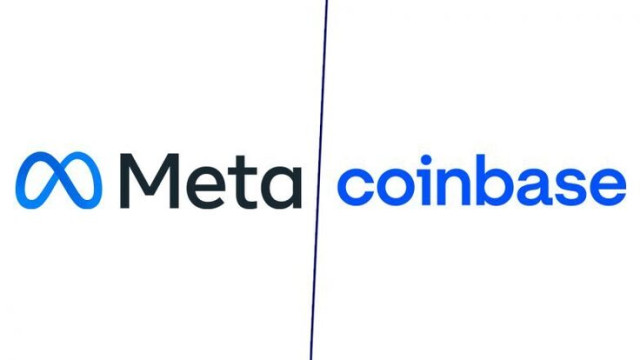A consortium of leading tech companies including Match Group, Meta, Coinbase, and others announced the launch of a new coalition aimed at tackling online fraud across various platforms.
The coalition, named Tech Against Scams, seeks to address scams on dating apps, social media, and cryptocurrency exchanges by developing better tools and public education strategies to combat financial fraud.
"Tech companies across industries collaborating with each other is essential in preventing criminal activities, and ultimately helps online platforms stay ahead, develop effective solutions, and address various types of financial crimes," said Yoel Roth, VP of Trust & Safety at Match Group, and formerly of Twitter.
"As we aim to make it harder for scammers to defraud online users, we will also continue investing in features to help disrupt fraud and remove scammers from our platform before they commit harm," Roth added when speaking on the joint venture on Tuesday.
Meta Chief Security Officer Guy Rosen emphasized the necessity of a united front. “Scammers and the organized criminal groups behind pig butchering schemes target people across many internet services, making it hard for any one company to see the full picture of malicious activity and counting on each of us working in silo,” he noted.
Romance scams have long been a significant financial threat to users. As highlighted by the U.S. Federal Trade Commission (FTC), such scams resulted in the highest financial losses compared to other consumer frauds as of 2019.
Social media fraud has also escalated dramatically, with U.S. consumers losing $770 million to social media scams in 2021, marking an 18-fold increase since 2017.
Moreover, the FTC reported that investment scams led to consumer losses exceeding $3.8 billion last year, more than double the previous year's figures.
The cryptocurrency sector is particularly notorious for fraud, with several industry figures facing legal action for various crimes, including fraud, money laundering, and hacking. A dedicated blog exists solely to document the latest incidents in this volatile space.
While these scams occur on platforms rather than being perpetrated by them (excluding some crypto cases), unchecked fraud can tarnish the reputation of tech companies.
Furthermore, many scams are interlinked across different platforms, necessitating improved data-sharing and collaboration among companies.
Joining forces with Meta, Coinbase, and Match (which owns Tinder, Hinge, and other dating apps) are other crypto firms like Kraken, Ripple, and Gemini. These companies aim to shield users from romance scams and other frauds, such as the “pig butchering” crypto scam.
This scam involves long-term investment fraud where victims are manipulated into making cryptocurrency investments through social apps, building trust with scammers before losing their funds.
The rise of AI complicates the detection of scams, making it increasingly difficult to distinguish between fraudulent and genuine interactions. As Yahoo Finance reported last year, scammers now use AI to create convincing FaceTime calls, phone calls, and emails, impersonating loved ones, potential partners, friends, or even IRS agents.
To safeguard users from fraud, coalition members will share tips and information, collaborating on consumer education and protection strategies. They will also work with law enforcement as needed, sharing data about online fraud and criminal activities occurring on their platforms.




















